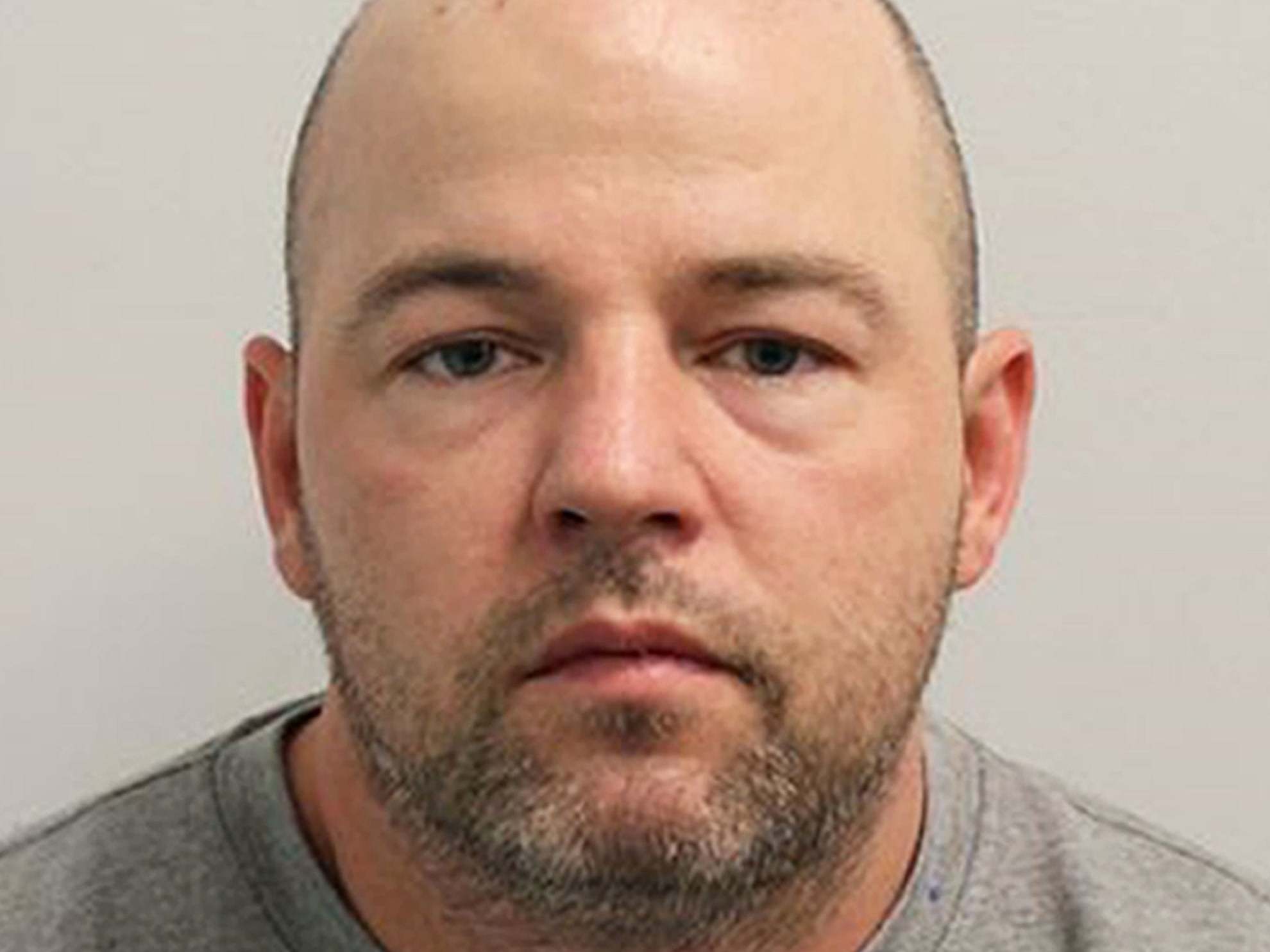Freed prisoners committing murder and rape as probation service ‘fails to learn lessons’, watchdog finds
Watchdog says HM Prison and Probation Service ‘marking its own homework’ with serious further offence reviews

Known criminals are committing murder, rape, and other serious offences after being released from prison as probation services fail to learn lessons from previous mistakes, a report has found.
A paedophile who raped his partner’s daughter after being freed from jail was among the cases highlighted by a watchdog.
HM Inspectorate of Probation (HMIP) said the probation system was “not doing enough to learn lessons from serious crimes committed by offenders under supervision”.
Chief inspector Justin Russell warned that more tragedies would happen in the future if mistakes from different cases are not used to improve national practices.
“Reviews focus on individual practice and feedback so they don’t really follow up on implications for broader policy and practice, and as a result that doesn’t really shift,” he told The Independent.
“The way probation services manage the risk of harm has been consistently the weakest area for the past two or three years.”
The Ministry of Justice said serious further offences were rare and insisted that wider issues were addressed when identified.
But calls for change have been mounting after the high-profile cases of serial rapists Joseph McCann and Leroy Campbell.
McCann attacked a string of victims aged between 11 and 71 after being freed from prison last February, and a review found he could have been sent back to jail weeks before the rampage.
Campbell raped and murdered a nurse after being freed from jail in 2016, and an inquest found that failures by police and probation staff made “more than a minimal contribution” to his victim’s death.
Both men were on licence and being supervised by the National Probation Service (NPS) at the time of their crimes.
Official figures showed that at least 577 serious further offences – violent or sexual crimes committed by people under probation supervision – were committed in 2018-19.
The figure represents around 0.2 per cent of the convicts being supervised during the period.
The crimes they committed included murder, rape, robbery, sexual offences with children, kidnapping and explosives offences.
The report said that 60 per cent of serious further offenders were under the charge of the public NPS and 40 per cent with private community rehabilitation companies which were only meant to handle lower-risk criminals.
HMIP inspected a sample of 46 serious further offence reviews, which are conducted automatically for some crimes but can also be requested by victims or their families.
A report released on Thursday found that they set out timelines of events but did not always explain why offences took place.
The watchdog questioned why the reviews focused solely on the actions of probation officers, rather than police, prisons, councils and social services that may also play a role.
“Police might have been involved in monitoring them, as well as mental health or children’s services, but none of those agencies are interviewed unless it’s subject to another type of review,” Mr Russell said.
“Other issues include risk assessments when someone is released from prison … and a failure to use intelligence from inside jail or look at changing circumstances, such as someone moving in with a new partner or testing positive for class-A drugs.
“There have also been failures to recall someone to prison when they’ve been arrested and charged. These things are really common and the consequences come through in horrific offences.
“Coroners [performing inquests into deaths] have been saying the same thing that we’re saying.”
The report called for multiple agencies to be included in reviews of all murder cases automatically, and said reviews should be shared with other authorities.
It found that probation officers involved in serious further offence cases are sometimes interviewed for reviews but never sent the final reports.
HMIP warned that staff shortages had led to backlogs and unacceptable delays, calling for more resources to be invested in the process.
It also raised concerns that victims’ families are not always aware that they can seek the reviews, and that 77 per cent of those carried out in the past year were automatically triggered.
HM Prison and Probation Service (HMPPS) is responsible for quality assuring the reviews and providing feedback.
Although HMIP agreed with the vast majority of findings it checked, Mr Russell said the practice amounted to “marking their own homework” and needed independent oversight.
“In our view, the current arrangements are inefficient and lack independence and transparency,” he added.
“Following our inspection, we have made a number of recommendations to the Ministry of Justice and HMPPS.”
The Ministry of Justice said that most reviews found improvements only needed to be made by individual probation officers or teams who had not been following national policies.
But the justice secretary, Robert Buckland, has agreed to give HMIP a role in quality assuring the reviews and HMPPS will send out quarterly bulletins for staff with recommendations.
A Ministry of Justice spokesperson said: “Serious further offences are rare but each one is scrutinised so that probation officers can improve the work they do to reduce the risk of others coming to serious harm.
“In most cases, reviews find errors by individuals, rather than systemic failings, and action is taken to address them. However, where wider issues have been identified, the NPS has acted to put them right.”
